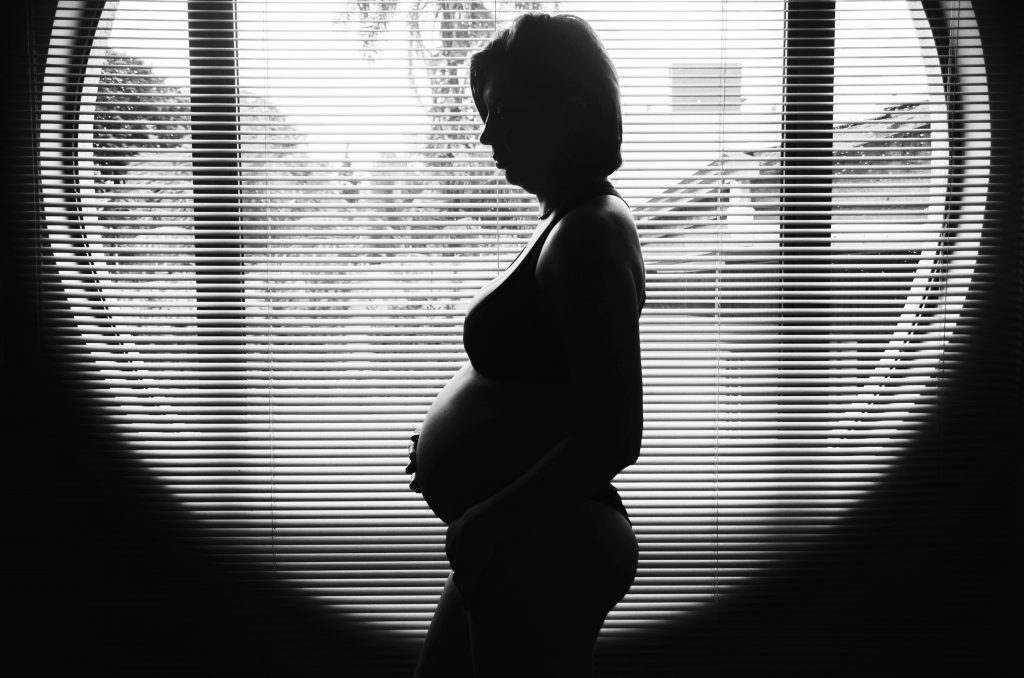On 29 June, Belfast’s Court of Appeal ruled that abortion law in Northern Ireland should be decided by Stormont, and not by the courts or local government. Why is this case so important, and how are human rights involved?
Northern Ireland has very strict laws on abortion. It’s illegal in almost all circumstances to perform a termination of pregnancy, and the punishment for breaking the law is life imprisonment. That contrasts with the position in the England and Wales, where a termination can lawfully be performed under the Abortion Act 1967 as long as the doctor, after discussion with the mother, is satisfied that the risk to the health of the mother is greater if she proceeds with the pregnancy than if she were to have a termination.
Attempting to change the law
The case in question began in 2015, when the Northern Ireland Human Rights Commission sought a declaration from the High Court that the laws of Northern Ireland breached the Human Rights Convention. They argued that making it illegal to procure an abortion even in cases of foetal abnormality, incest or rape breached Article 8 of the Human Rights Convention – the right to respect to private and family life – because women seeking an abortion were deprived of their rights to privacy and bodily autonomy.
The High Court agreed. They said that because the law failed to provide an exception to the ban even in such terrible cases, it breached the UK’s obligations under the Human Rights Act 1998.

However, the Justice department and the Northern Ireland Attorney General challenged the High Court’s decision. The Department of Justice argued there was a lack of legal certainty, which could lead to abortion on demand. The NI Human Rights Commission cross-appealed, saying that the abortion laws were also incompatible with Article 3 (the right to be subjected to inhuman and degrading treatment) and Article 14 (the right not to be discriminated against) read with Article 8. The matter then went to the Court of Appeal.
Over to the Court of Appeal…
Three appeal judges considered the case, including evidence from the NI Director of Marie Stopes and the Abortion Support Network on behalf of women who had to travel to England for abortions. They also considered evidence given by Sarah Ewart, who had travelled to England for a termination after doctors said her unborn child had no chance of survival outside the womb.
Much of the discussion was about Article 8, which is a qualified right, meaning that it’s subject to exceptions. The Northern Ireland Attorney General and Department of Justice relied on the decision of the Human Rights Court in a case called A, B and C v Ireland, which involved three Irish women who travelled to England for an abortion. In that case, the Court had allowed the Republic of Ireland a wide measure of discretion in how they made their laws because of the “profound moral views of the Irish people as to the nature of life”.
The Court of Appeal decision
On 29 June the Belfast Court of Appeal decided to overturn the High Court decision. They ruled that it was not up to local government, nor the courts, to decide on abortion law. It said the complex moral and religious questions behind the issue should be determined by a legislature.
Lord Justice John Gillen said: “Abortion is a classic instance of the type of highly controversial issue touching on social, moral and religious policies on which there is no consensus either in Europe or, for that matter, in this jurisdiction. Such an issue requires Parliament to be allowed a wide margin of judgment”.
The reaction
Following the judgment, Bernie Smyth, director of the anti-abortion Precious Life lobby group, said: “This has been a great victory here, a victory for democracy, a victory for the right to life.”
For many though, the ruling came as a huge disappointment – overthrowing a judgment that had been thought to move NI law closer in line with the rest of the UK. Grainne Teggart, of Amnesty International in Belfast, said: “Today’s court ruling is an utter betrayal of women in Northern Ireland who find themselves in these tragic circumstances.”
Some noted that the judgment was particularly disappointing given that, earlier this month, the UK’s highest court rejected an appeal by a mother and daughter for women from Northern Ireland to receive free abortions on the NHS in England.
The case also comes at a time where there is considerable focus on abortion in the light of the Democratic Unionist party’s deal with Theresa May. The DUP is strongly opposed to reforming Northern Ireland’s abortion laws and has previously blocked legislation aimed at allowing terminations in cases of fatal foetal abnormality and those made pregnant through rape or incest.
New hope
However, this is not the final stage. The Court of Appeal said the case should now go to the Supreme Court.
And over at Westminster, there was some good news for abortion rights campaigners. Chancellor Philip Hammond announced that the UK Government intended to fund abortions in England for women from Northern Ireland. This followed on from the Speaker selecting an amendment to the Queen’s Speech relating to access to abortions. More than 50 MPs from all the major parties signed the amendment, co-ordinated by Labour’s Stella Creasy.
Huge Govt concession and big win for @stellacreasy. Now time for all women in NI to have access to safe abortion in their own country. https://t.co/Cxkejxk92Y
— Caroline Lucas (@CarolineLucas) June 29, 2017
The British Pregnancy Advisory Service described the move as a “landmark moment: for years the women of Northern Ireland, despite being UK citizens and taxpayers, have not been entitled to NHS-funded treatment.”
Want to read more about this issue?
- Read this story on the UN’s views on the abortion ban
- See a story about a woman from Northern Ireland who was sentenced for having an abortion







